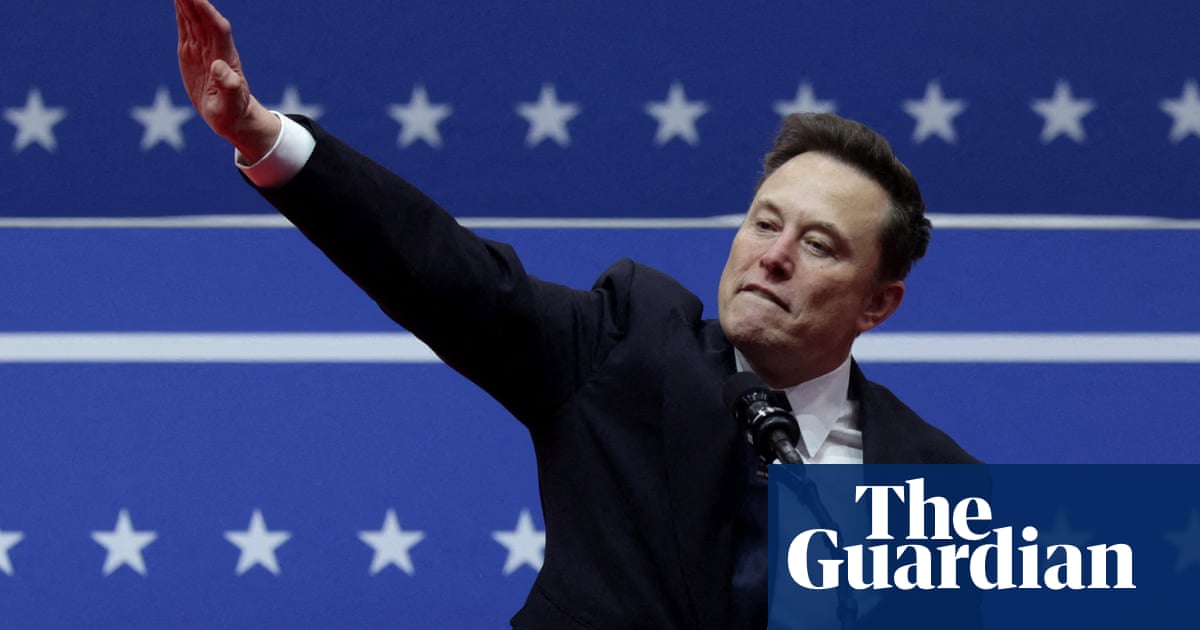President Donald Trump isn’t expected to carry through on his threat to impose sweeping tariffs on the first day of his presidency, a move that economists have warned could lead to higher prices for Americans and hurt U.S. businesses.
Instead, Trump will direct federal agencies to examine different areas of trade policy and recommend actions, according to a person familiar with the plans. The agencies will also be directed to review existing tariffs and trade agreements, like the USMCA agreement negotiated during Trump’s first term, along with policies related to intellectual property rights and the purchasing of American-made goods, the person said. The administration will also study the idea of creating an External Revenue Service to collect tariff revenue.
The plans were first reported by The Wall Street Journal and an administration official confirmed that report.
Trump had previously said that during his first day in office he would impose a 25% tariff on all goods coming into the U.S. from Canada and Mexico. The tariff would remain in place until “such time as Drugs, in particular Fentanyl, and all Illegal Aliens stop this Invasion of our Country!” Trump said in a post on Truth Social on Nov. 25.
He also said he would impose a 10% tariff on goods from China on his first day in office, which would last until the country stopped sending fentanyl to the U.S. During his campaign he’d threatened China with as much as a 60% tariff.
Throughout his presidential campaign, Trump made tariffs central in his pitch to voters for how he would grow the U.S. economy. He has argued they would protect American industries from unfair competition by making goods from overseas more expensive and encourage companies to relocate manufacturing to the U.S. in order to avoid paying tariffs.
He’s also touted using revenue collected from tariffs to pay for other policy priorities and deploying tariffs as a negotiating tool to get concessions from countries.
But economists have warned that tariffs would drive prices higher and trigger another wave of inflation. Economists found the tariffs imposed during Trump’s first term resulted in a net loss of manufacturing jobs and a reduction in investments by companies because of higher costs for importing materials, parts and components from China.
Nearly all of the revenue collected on tariffs went to payments to farmers to offset losses they suffered from retaliatory tariffs put on U.S. agriculture products by China. The tariffs also didn’t lead to significant concessions from China, which has failed to meet its commitments under a trade deal negotiated during Trump’s first term.
Following Trump’s recent tariff threat, Canada and Mexico vowed to put their own retaliatory tariffs in place on U.S. goods. That could cause a major disruption to the U.S. auto industry, where vehicles and their components cross between the U.S., Canada and Mexico multiple times during the production cycle.
The tariffs also would upend the USMCA trade deal between the U.S., Mexico and Canada, which Trump touted at the time as a major negotiating victory. That agreement largely allowed products to move between the three countries tariff-free, similar to how they have for decades under the NAFTA agreement. Under the terms of the deal, the agreement isn’t up for renegotiation in July 2026.
This article was originally published on NBCNews.com

 German (DE)
German (DE)  English (US)
English (US)  Spanish (ES)
Spanish (ES)  French (FR)
French (FR)  Hindi (IN)
Hindi (IN)  Italian (IT)
Italian (IT)  Russian (RU)
Russian (RU) 























Comments